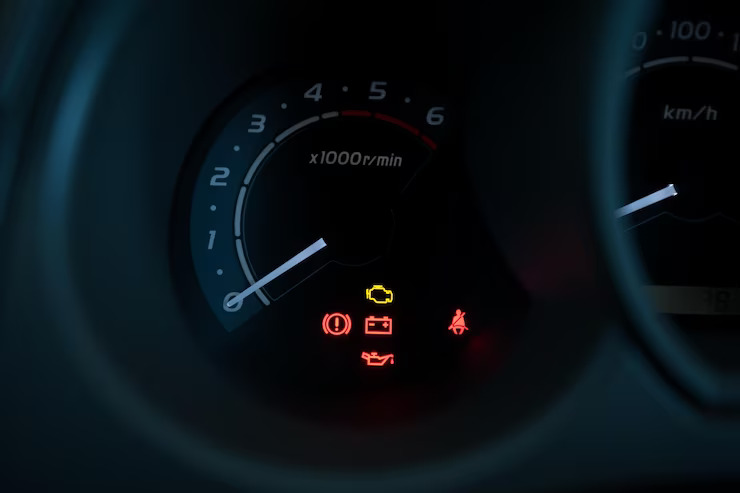Modern vehicles are equipped with various fuel-saving technologies, and one such feature is Active Fuel Management (AFM). AFM, also known as cylinder deactivation, allows the engine to deactivate specific cylinders during light-load driving conditions to improve fuel efficiency. However, if there is a malfunction with the AFM system, it can trigger the Active Fuel Management warning light on the dashboard. In this article, we will discuss the importance of the AFM warning light, potential causes of malfunctions, and provide troubleshooting tips to address common AFM issues.
Importance of the Active Fuel Management Warning Light:
- System Health: The AFM warning light is an important indicator of the system’s health. When the light illuminates, it signifies that there is a problem with the AFM system that needs attention. Ignoring the warning light can lead to reduced fuel efficiency, engine performance issues, or potential damage to engine components.
- Fuel Efficiency: AFM is designed to enhance fuel efficiency by deactivating cylinders when they are not needed. If the AFM system malfunctions, it may not properly activate or deactivate cylinders, leading to decreased fuel efficiency. The warning light serves as a reminder to address the issue and restore optimal fuel efficiency.
Troubleshooting Tips for Active Fuel Management Warning Lights:
- Check Fuel Quality: Poor fuel quality or contaminated fuel can affect the functioning of the AFM system. Ensure that you are using high-quality fuel from reputable sources. If you suspect fuel contamination, it may be necessary to drain the fuel system and refill with clean fuel.
- Replace Faulty Components: The AFM system relies on various components, such as solenoids, sensors, and valves, to operate effectively. If any of these components are faulty or damaged, it can lead to AFM malfunctions. A qualified technician can diagnose the specific component causing the issue and replace it accordingly.
- Check for Software Updates: In some cases, AFM issues can be resolved through software updates provided by the vehicle manufacturer. These updates can address bugs or improve the system’s performance. Consult with a dealership or qualified technician to determine if any software updates are available for your vehicle.
- Inspect Electrical Connections: Loose or corroded electrical connections can interfere with the proper functioning of the AFM system. Check the electrical connections related to the AFM system and ensure they are clean and securely connected. If any corrosion or damage is present, clean or replace the affected connections as needed.
- Consult Professional Assistance: If troubleshooting steps do not resolve the AFM issue or if you are unsure about the cause, it is recommended to seek professional assistance. Qualified technicians have the necessary tools and expertise to diagnose and address AFM system malfunctions effectively.
Remember, addressing AFM system issues promptly is crucial to prevent further complications and maintain fuel efficiency. Regular maintenance, such as oil changes and proper engine care, can also contribute to the optimal performance of the AFM system.
The Active Fuel Management warning light is an important indicator of potential issues with the AFM system. By understanding the significance of the warning light and following troubleshooting tips, drivers can diagnose and address AFM malfunctions, ensuring optimal fuel efficiency and performance of their vehicles.











